|
Do you remember your favourite picture book from your childhood? Books have the ability of unlocking imagination, inspiring kids and helping them to fall in love with characters and animals. This year CCB published its first children’s picture book, the inspiring tale of “Xabe: The Cheetah Hero!” After an online art competition launched during lockdown, we took drawings from kids around Botswana to inspire the illustrations in the book. As part of our celebrations for International Cheetah Day on December 4th we visited the schools of the winning students and delivered prize packs, including complementary copies of the book for the winners and their respective schools. Thanks to the generous support from our network during our Giving Tuesday fundraising drive, we managed to raise the $10,000 we needed to print enough books to give copies to every primary school in the country! Botswana’s Ministry of Basic Education is working alongside us to provide the books to schools in their “library packs” to be delivered at the start of the new school year in 2021. We hope that the book will inspire kids all around Botswana to fall in love with cheetahs and to do their best to protect our nation’s precious wildlife.
1 Comment
In November one of the commercial farmers we have been working with for a decade was having problems with cheetahs eating his livestock and the stocked antelope on his game farm. We provided suggestions of different techniques he could use to minimise the vulnerability of his stock and offered to collar cheetahs on his farm, so that he could adapt the management and movement of his animals to avoid areas where the cheetahs frequented. Despite adopting a livestock guarding dog from our LGD programme, and using some of the techniques we suggested, he became disgruntled with the cheetahs. Despite our best efforts to convince him that catching and relocating cheetahs off the farm would be risky (especially considering his farm seemed to be a hot spot for cheetahs, with many different individuals using his farm), he set traps to catch cheetahs for translocation. The success rates of cheetah translocations are notoriously low – our research identified that less than 20% of cheetahs were still alive one year after they were moved, and farmers continue to have conflict even after cheetahs are translocated off their farms. For this reason, CCB no longer conducts translocations unless every other possible non-lethal technique has been tried first. Knowing this, the farmer phoned the Department of Wildlife and National Parks (DWNP) to take the cheetah off his farm. Limited by strained resources and broken vehicles, the DWNP team called us for assistance and we rushed to the farm to help them to move the cheetah into the Central Kalahari Game Reserve for release.
We are happy to report that the farmer has been experiencing no losses since he removed this cheetah. He even adopted one particularly interesting technique suggested by our team, of spreading lion faeces around certain areas of his farm, to try to deter the cheetahs from where his animals are. Cheetahs are naturally afraid of lions, and although he was hesitant when our team arrived with a bag full of lion poop and explained the process, his faith in us led him to give it a try, and so far, it seems to be helping. We look forward to analysing the trends of cheetah movements on the cameras we have placed at the farm to see how this intervention may have altered the behaviour of the cheetahs on his farm. We will also keep a close eye on the number of losses he experiences in the long term, to assess how long his problems remain at bay. For now, we are very glad that he was able to mitigate his problems using a non-lethal solution and we hope that his other techniques are able to minimise his losses in the future. At times we have to be flexible in our approach in order to maintain dialogue with farmers and appreciate both sides of the challenge of human wildlife conflict. This incident has shone light on how important it is to maintain good working relationships with farmers in core cheetah areas, something that we at CCB take great pride in. We know that farming alongside carnivores can be incredibly challenging, but we implore farmers to try non-lethal solutions first in order to find sustainable, long-term protection of their livestock. |
SearchArchives
May 2024
Categories |

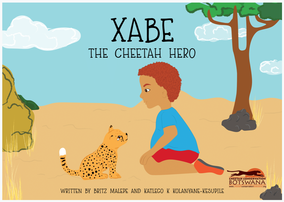
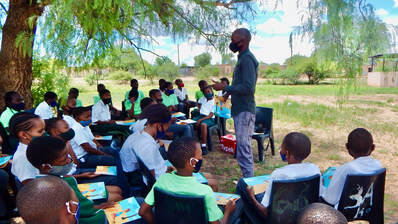
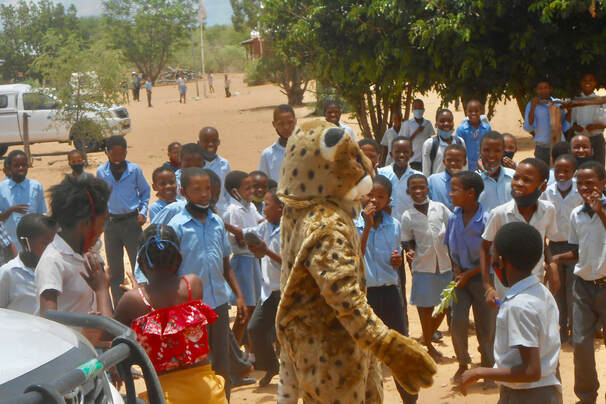
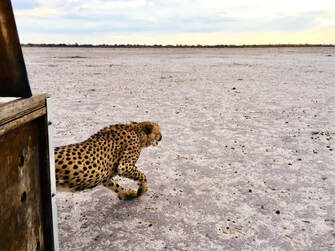
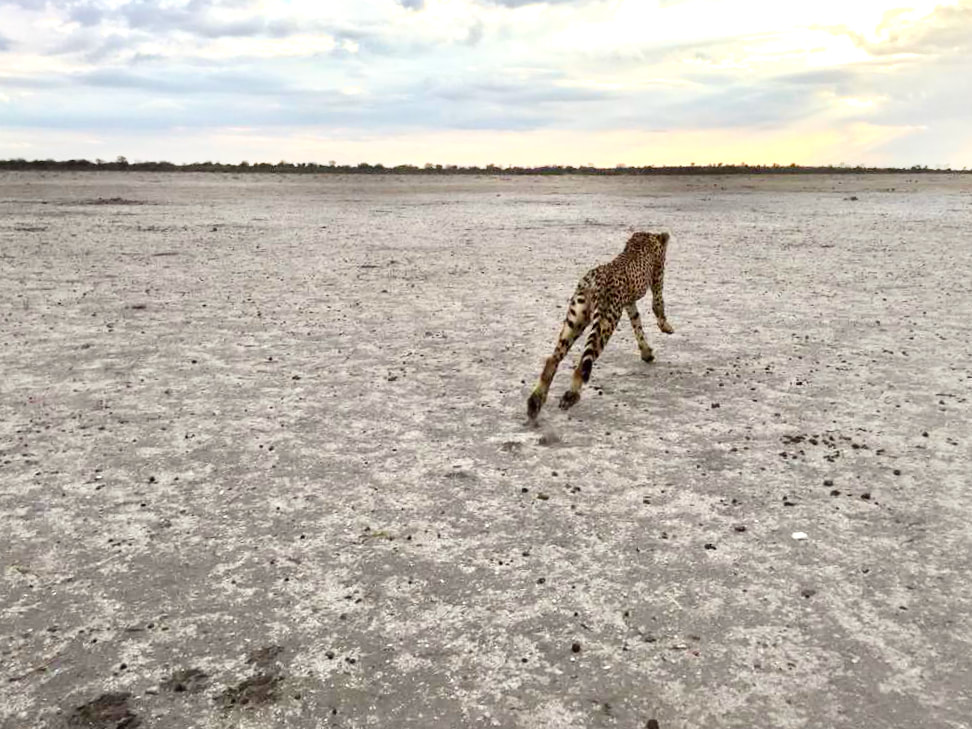
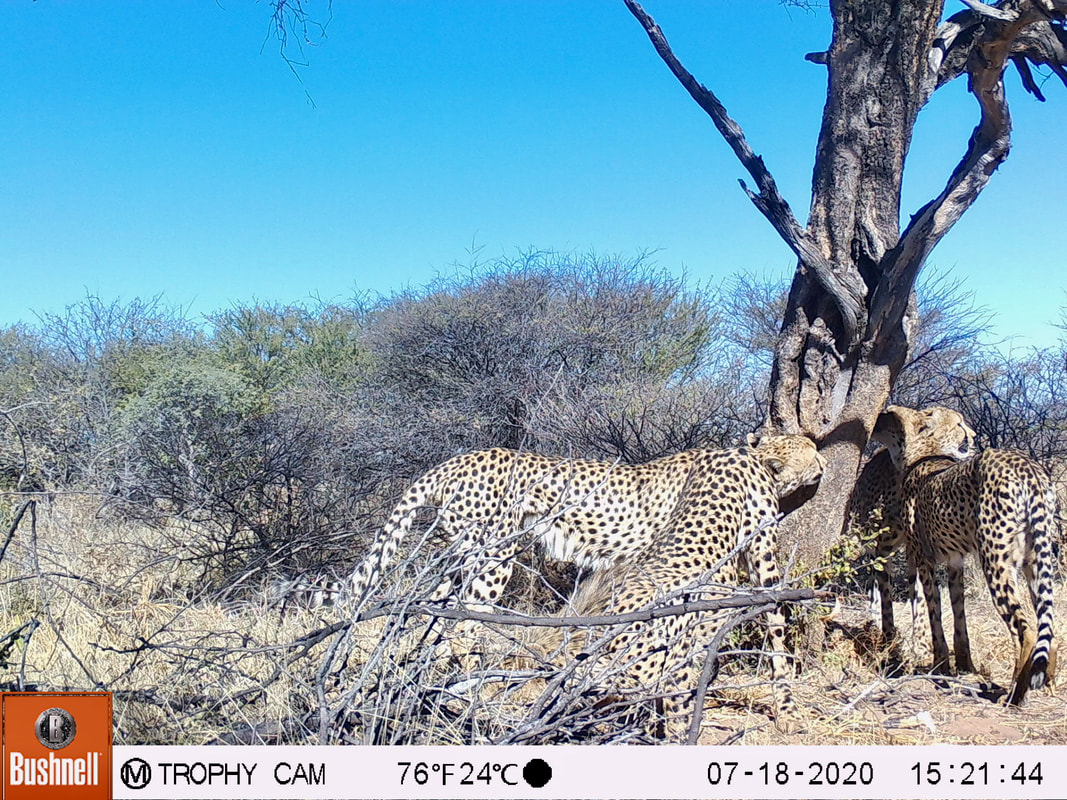
 RSS Feed
RSS Feed
